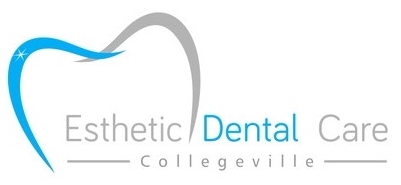Extraction
A tooth may need to be pulled, or extracted, for various reasons. These can include extensive damage, looseness, making room for braces or other appliances, or because the patient is receiving medications that make them susceptible to infection, such as certain drugs for cancer.
Some of the most common candidates for extraction are impacted wisdom teeth. Wisdom teeth, or third molars, often get stuck (impacted) in the jaw. They may come in at an angle (as opposed to straight through the gum line), or only emerge partially. When this happens, we usually recommend extraction to avoid the wisdom teeth from causing pain or getting infected.
Wisdom Teeth Extraction
Extracting impacted wisdom teeth, from one tooth to all four at the same time, is a common procedure. Here’s what to expect:
- At a preliminary visit, we will take X-rays to determine how many wisdom teeth need to be removed and to identify any other issues that might impact the extraction. We will schedule a later date to perform the extraction.
- On the day of the extraction, a local or general anesthesia will be used to keep you comfortable during the procedure.
- The gum tissue will be cut open to allow the teeth to be lifted out. If the teeth are impacted too tightly, they may be broken into pieces before being removed. Depending on the incision, sutures may be needed.
- A friend or family member will drive you home after the procedure. We will provide you with instructions and materials, including gauze and a prescription for pain medication, to care for the extraction site and reduce pain and swelling. We will also tell you how to gently clean the extraction site so that food doesn’t become lodged in the holes left by your wisdom teeth.
- For a few days after the surgery, you will drink and eat soft foods to help the extraction site heal. Make sure not to use a straw, since this can loosen the sutures and slow down the clotting process. You should also avoid foods that are very hot or spicy. Good foods to eat include:
- Gelatin and pudding
- Yogurt
- Mashed potatoes
- Ice cream
- Thin soups and broths
- Other foods that don’t require chewing
- The extraction site will heal over the course of a few days or weeks. If you experience prolonged bleeding or pain, or if you don’t think the site is healing well, you can always call us for advice and a follow up appointment.
